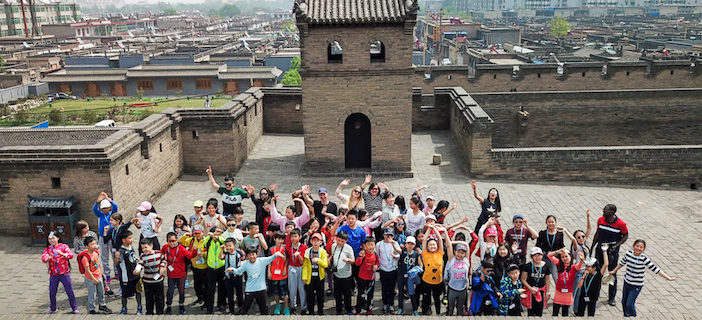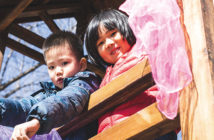Most adults have fond memories of field trips during their school days, but in the present-day climate of increased competition and hefty academic requirements, it would be easy to imagine that classroom outings are on the decline. However, institutions such as the Beijing City International School (BCIS) are wholeheartedly embracing the concept of experiential learning.
It has been long recognized that experiential learning activities have the potential to broaden student knowledge, increase motivation, and make lessons more memorable. It has also been established that a well-rounded 21st-century educational experience must include an emphasis on the development of values and skills that make them socially-responsible, globally-aware, well-rounded individuals. Since experiential learning activities help create opportunities for students to engage with various people, cultures, and places and truly allow them to participate in the learning process, they tend to have a great impact on the overall personality of an individual. Studies have also shown that students with a greater array of personal experiences can better respond to a variety of unfamiliar questions and subject matter. These are just some reasons why modern educational models have evolved to include more field trips, excursions, and out-of-classroom experiences.
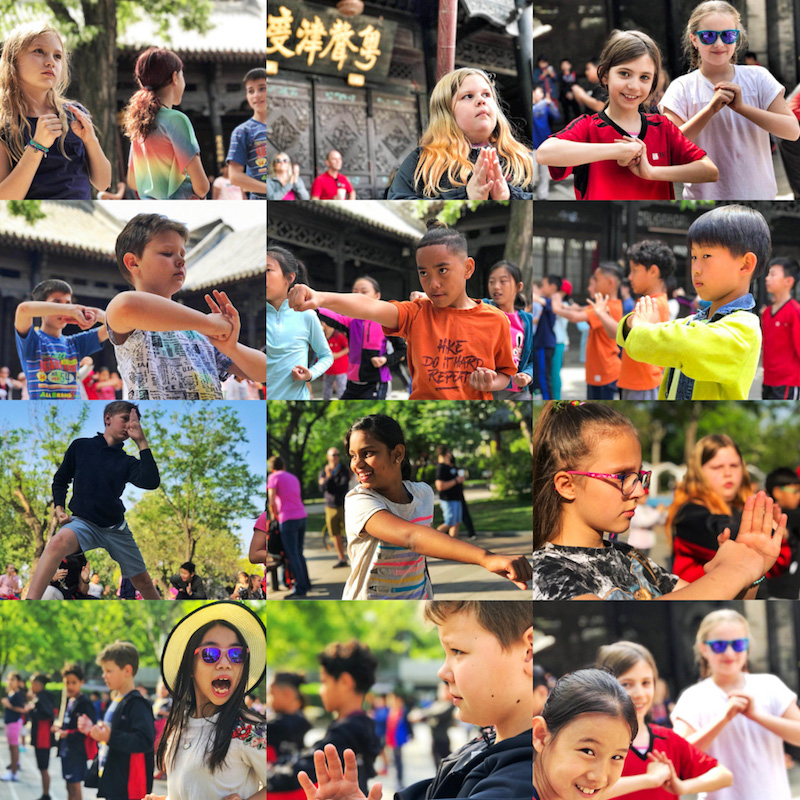
BCIS wholeheartedly embraces the concept of experiential learning
BCIS has implemented an annual Week Without Walls (WWW) program for all BCIS students from elementary to Grade 11. This week of excursions and experiences is carefully planned as one component of a broader classroom unit. Taking students out of the classroom to show them what they have been theorizing about from behind their desks helps create a sense of scale and adds relevance to hard-to-grasp academic and non-academic concepts. At BCIS, WWW is a vital a tool for multi-dimensional, multi-disciplinary learning.
While WWW links directly to the curriculum, there is an equal emphasis on life-enhancing, cultural experiences. “WWW involves experiencing China’s delights while allowing students to practice skills and attitudes, such as independence, self-management, being courageous, and taking their knowledge of the world beyond the classroom walls,” explains Ms. Sally Richmond, Elementary School Deputy Principal and PYP Coordinator.
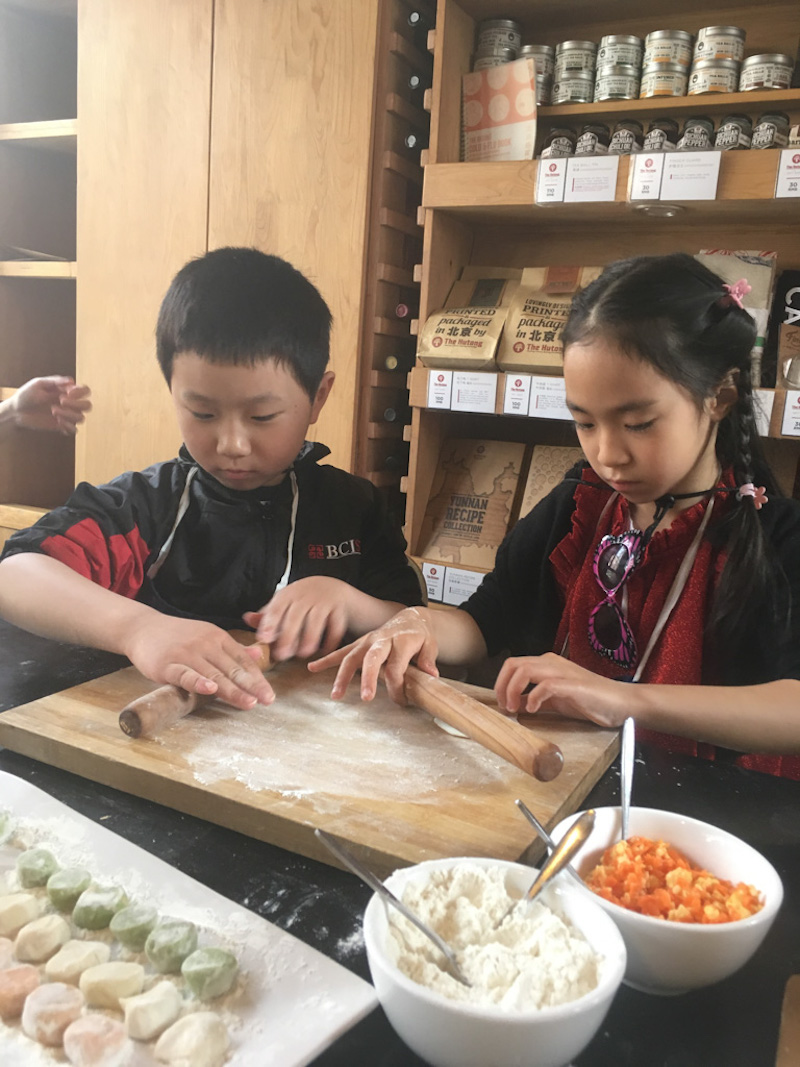
The Week Without Walls puts an emphasis on life-enhancing cultural experiences
She goes on to explain the BCIS philosophy of 文 wén (curiosity and knowledge), 行 xíng (creativity, inquiry, and critical reasoning), 忠 zhōng (commitment to environmental sustainability and community service), and 信 xìn (global awareness and respect for cultural diversity). “We are always looking to provide a relevant, rigorous, and personalized learning approach that cherishes our Chinese roots and enables us to fuse the best of China and the world in order to create something new and better for our students,” she says. WWW aligns perfectly with this philosophy, as well as the school’s mission to empower and inspire students through challenge and compassion.
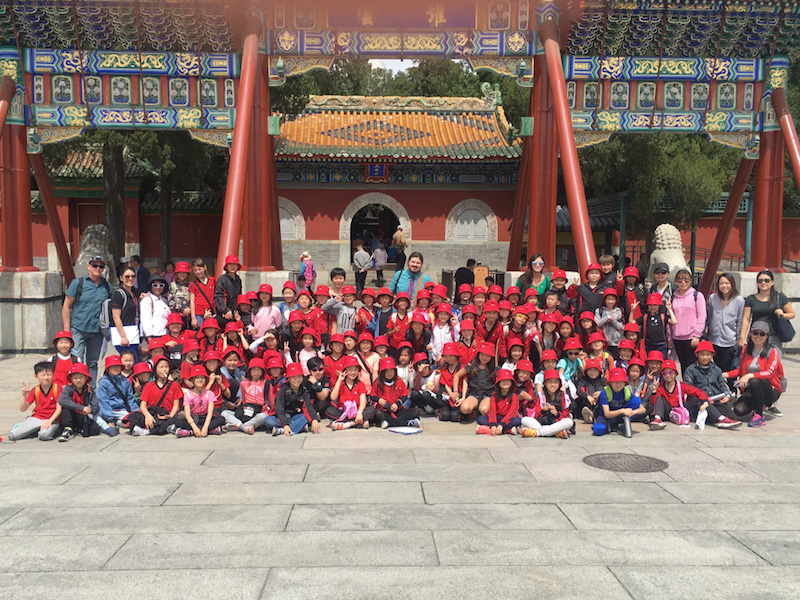
Children from all grades go on field trips during the Week Without Walls
Ms. Julie Lawton, Elementary School Principal, gives specific examples of living the mission and philosophy of the school. WWW takes place in April every year for Elementary School students. During this time, students from Grades 1, 2, and 3 are taken on trips to parks, museums, and other areas of interest within Beijing. After their last visit to the Temple of Heaven this year, Grade 2 students had a “voice and choice” session when planning their return journey; they examined various factors such as time, distance, mode of transport, and efficiency to decide on the best way to reach the campus, leaving them with a sense of achievement and empowerment.
The Grade 1 team hosted students from the Migrant Children’s Foundation (MCF). MCF students were partnered up with a BCIS student who took care of them during the time they spent on campus. The parents organized a buffet lunch and it was a wonderful way to foster community spirit and kindle the idea of compassion in the children, Ms. Lawton shares.
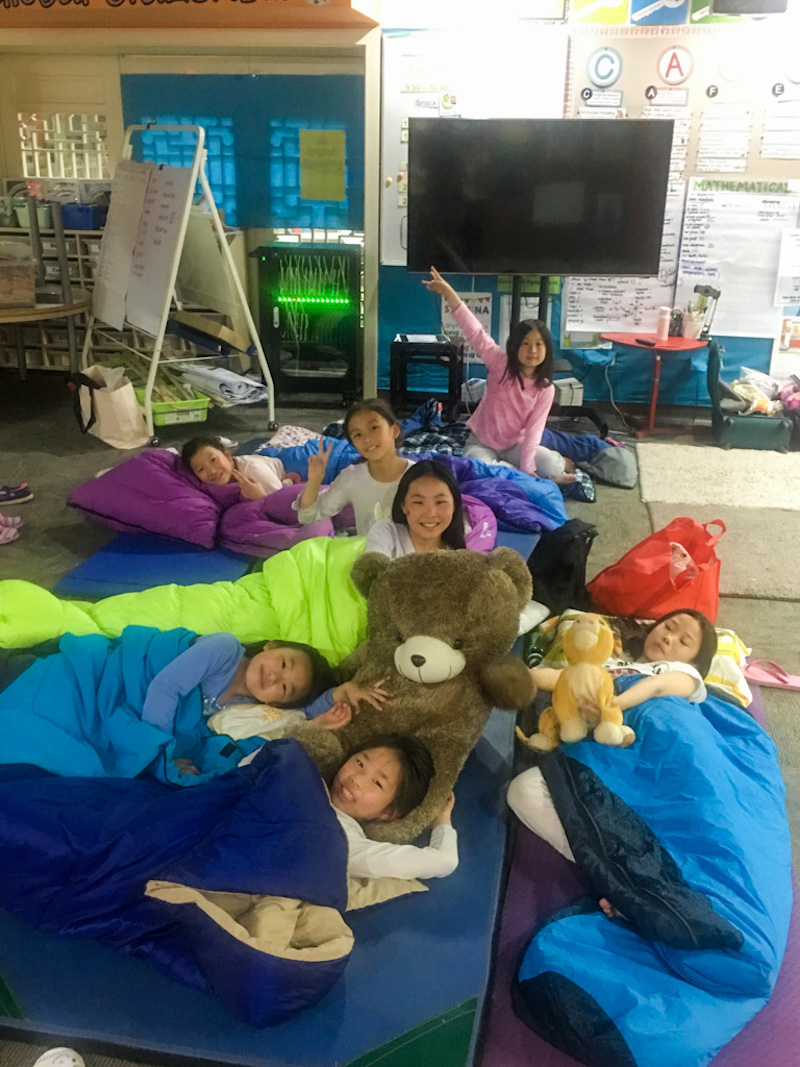
Grade 3 kids experience the on-campus sleepover
Grade 3 students got to experience one of the most exciting BCIS traditions during the WWW. “The students look forward to the on-campus sleepover all year, however, for many students, it is also the very first time that they spend the night away from home and their families,” says Ms. Lawton. “It is an opportunity for them to be with their peers, overcome personal challenges, and to grow and learn.”
Similarly, under the guidance of their teachers, Grades 4 and 5 students took their first wobbly steps towards independence when they ventured out to Tianjin and Pingyao for an immersive, inspiring cultural experience. From performing arts such as fan dancing to fine arts such as silk painting, from traditional cookery to martial arts and tai chi, they had the opportunity to learn about various aspects of Chinese culture.
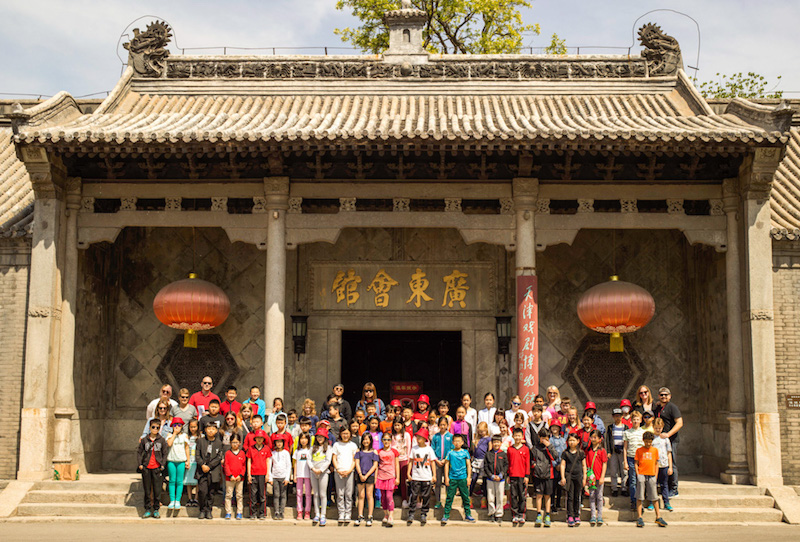
Students from Grades 4 and 5 ventures out to Tianjin
The WWW program is also useful for Secondary School students, as it provides a cultural context upon which they can build their own individual identities that will later play a key role in being able to adapt to different environments and communicating with people from all over the world. For Grades 11 and 12 students, the program gives them the opportunity to complete their Community Action Service (CAS) hours, which is a compulsory component of the International Baccalaureate curriculum. Throughout their BCIS journey, WWW also presents learners with various perspectives that help them make important life and career choices.
It is said that schools should be far more than simply the buildings that house them, and learning should be far more than what children write in their books. Programs such as the WWW are a crucial part of the BCIS schooling experience as they play a major role in strengthening academic learning, cultivating socio-emotional growth, sharpening an appetite for new knowledge, and giving them opportunities to build memories and friendships that they will cherish for life.
This post is paid for by BCIS
Photos courtesy of BCIS

